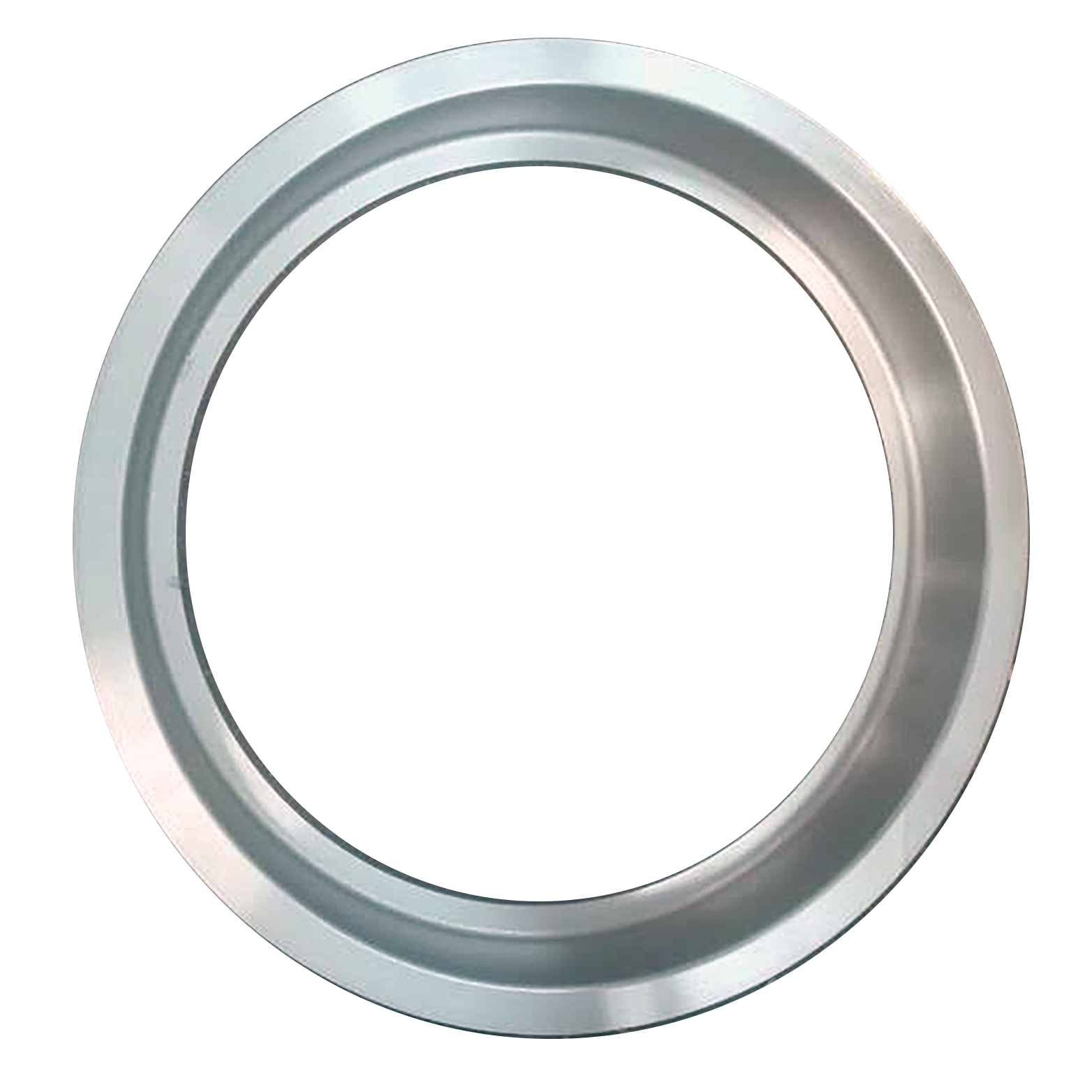Aug . 10, 2024 19:20 Back to list
Innovative Heat Exchanger Solutions for Efficient Commercial Heating in Industrial Factories
Heat Exchangers for Commercial Heating in Factories
In the realm of industrial efficiency, heat exchangers play a pivotal role, particularly in commercial heating applications across factories. As energy costs continue to rise and environmental regulations become stricter, the need for effective thermal management systems has never been more crucial. Heat exchangers not only improve energy efficiency but also facilitate compliance with sustainability goals, making them essential components in many industrial settings.
Understanding Heat Exchangers
A heat exchanger is a device that transfers heat from one medium to another, which can be fluid to fluid, fluid to gas, or gas to gas. In commercial heating applications, these devices are designed to either recover heat from exhaust gases or transfer heat from a central heating system to various parts of a factory. Utilizing a heat exchanger can significantly lower energy consumption by reusing waste heat, reducing the overall demand for additional energy input.
Types of Heat Exchangers
There are several types of heat exchangers commonly used in commercial settings, each with unique advantages. The most prevalent include
1. Shell and Tube Heat Exchangers These consist of a series of tubes, one set carrying hot fluid and the other cold fluid. They are highly efficient and robust, making them ideal for high-pressure applications.
2. Plate Heat Exchangers Composed of multiple thin plates stacked together, these exchangers have a high surface area and are efficient for transferring heat between two fluids. They are compact and easy to maintain, making them suitable for factories with limited space.
heat exchanger for commercial heating factories

3. Air-Cooled and Water-Cooled Heat Exchangers Air-cooled systems rely on ambient air to dissipate heat, while water-cooled ones use water, which tends to be more efficient in high-capacity applications. The choice between the two depends on the local climate, available resources, and specific heating requirements.
Benefits of Heat Exchangers in Factories
Implementing heat exchangers in commercial heating systems offers numerous advantages. Firstly, they significantly enhance energy efficiency. By reclaiming and reusing thermal energy that would otherwise be wasted, factories can lower their energy costs and reduce their carbon footprint.
Secondly, heat exchangers contribute to operational reliability. By maintaining optimal temperature levels within manufacturing processes, they prevent overheating of equipment and materials, thereby extending their lifespan and improving product quality. Furthermore, they can facilitate more consistent production cycles by ensuring that heating systems operate smoothly and efficiently.
Thirdly, the environmental impact is particularly significant as heat exchangers help factories comply with increasingly stringent regulations regarding emissions and energy use. By reducing the demand for energy, businesses not only save on operating costs but also demonstrate their commitment to sustainability, which can enhance their reputation and appeal to eco-conscious consumers.
Conclusion
In summary, heat exchangers are integral to modern commercial heating systems in factories, offering a pathway to increased energy efficiency, lower operational costs, and improved sustainability. As industries continue to evolve towards greener practices, the incorporation of effective heat exchange technologies will remain a critical strategy for enhancing productivity and competitiveness. By investing in advanced heat exchanger solutions, factories can pave the way for a more sustainable and economically viable future.
-
Durable Centrifugally Cast Iron Water Main Pipe
NewsAug.11,2025
-
Centrifugally Cast Iron Water Main Pipes for Reliability
NewsAug.10,2025
-
High-Quality Centrifugally Cast Iron Water Main Pipes
NewsAug.09,2025
-
Durable Cast Iron Water Main Pipe & Drainage Solutions
NewsAug.08,2025
-
Buy Cast Iron Pipe: Premium Ductile Iron & Drain Solutions
NewsAug.07,2025
-
Durable Cast Iron Water Main Pipe | Buy Ductile Pipe
NewsAug.06,2025


